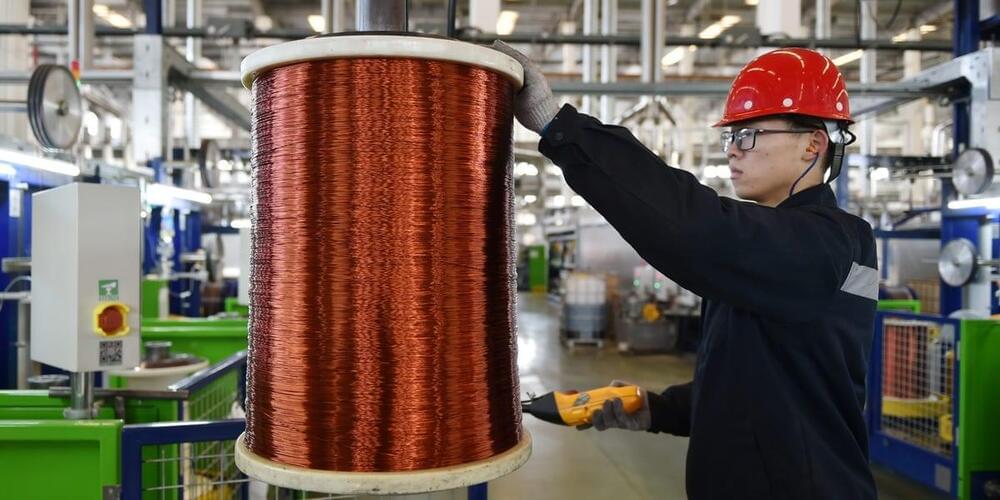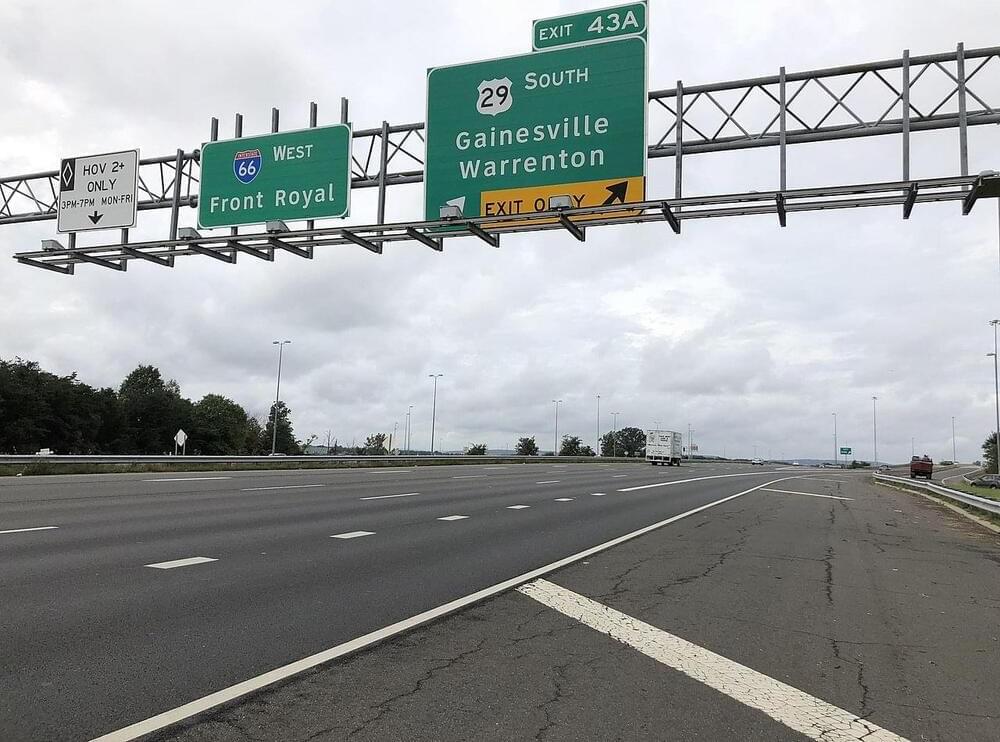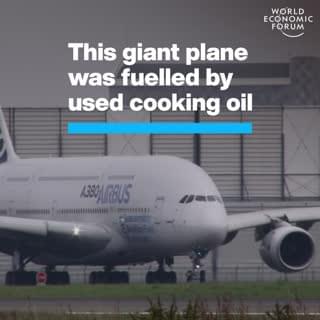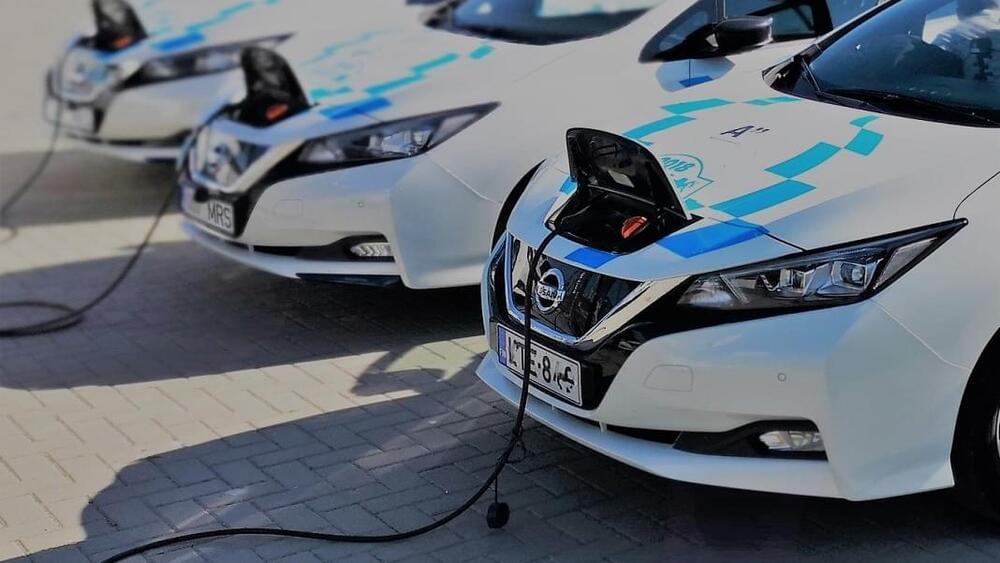Apr 27, 2022
Invesco is launching an ETF tied to metals used in electric vehicles as prices for key materials soars
Posted by Shubham Ghosh Roy in categories: sustainability, transportation
Money manager Invesco on Wednesday launched an exchange-traded fund aimed at providing exposure to industrial metals needed to make electric vehicles, as commodity prices have surged and the market for EVs continues to expand.
The Invesco Electric Vehicle Metals Commodity Strategy No K-1 ETF began trading Wednesday under the EVMT ticker and is the first of its kind, with the non-equity fund offering investors access to key metals needed by all EV manufacturers, the company said in a press statement.
EVMT will invest in derivatives and other instruments financially linked to exposure to aluminum, cobalt, copper, iron ore, nickel, and zinc. EVMT is the “only ETF that considers metals necessary for whole car production, rather than a focus on battery production,” said Jason Bloom, head of fixed income and alternatives ETF strategy at Invesco, in the statement.

















